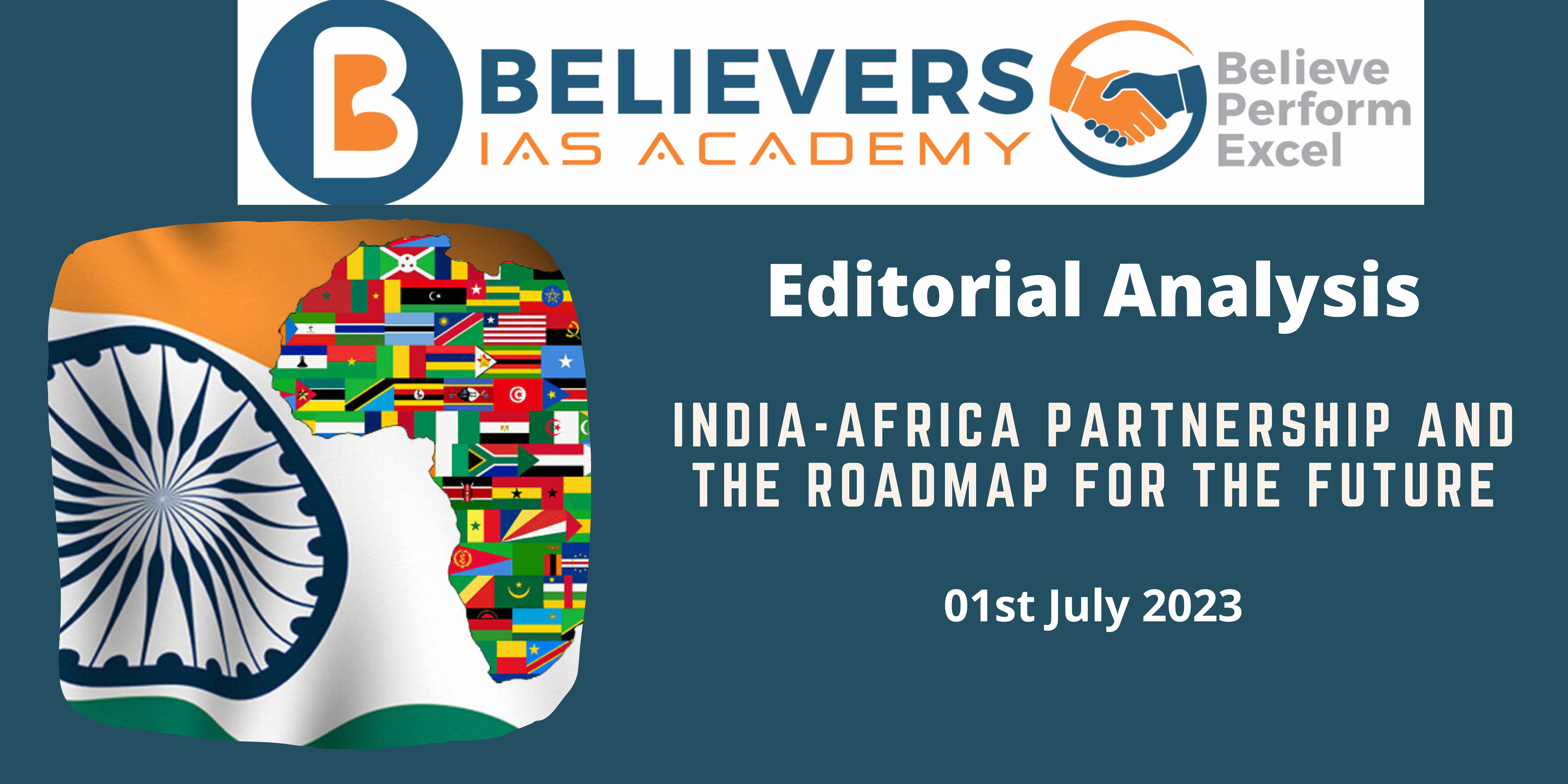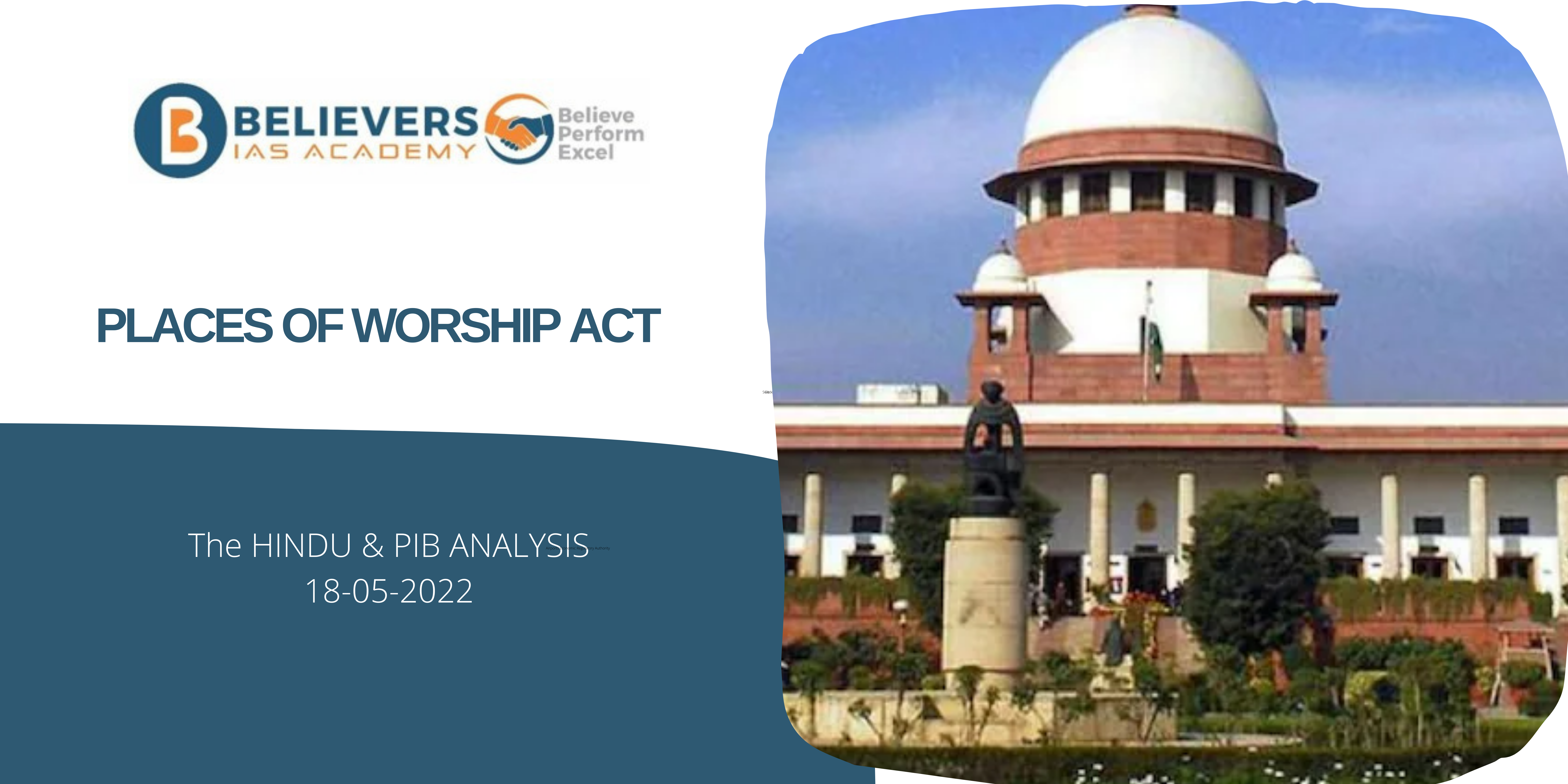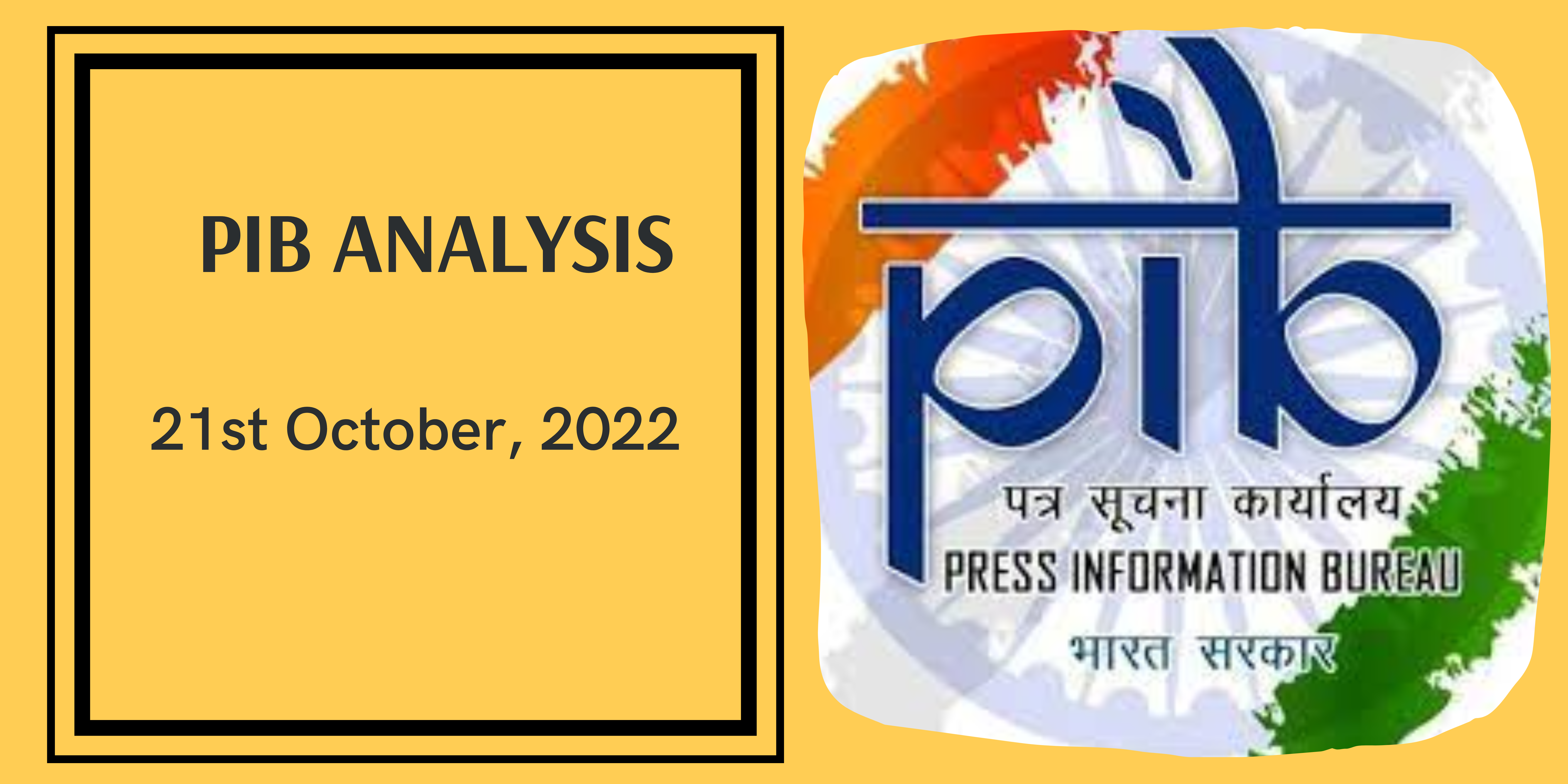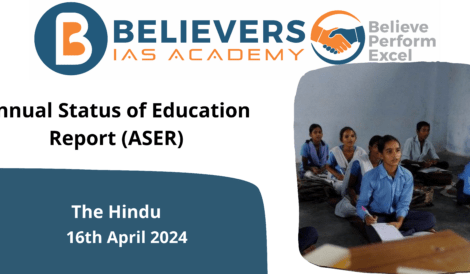India-Africa Partnership and the Roadmap for the Future
Context:
The growing importance of Africa in India’s global engagement and the need for a stronger partnership between the two. Highlighting the Africa Expert Group’s report, titled ‘India-Africa Partnership: Achievements, Challenges and Roadmap 2023,’ which provides insights into the transitions happening in Africa and proposes a roadmap for deepening and diversifying the India-Africa partnership.
Relevance:
GS-02 (Indian Diaspora, Bilateral groupings and agreements)
Prelims:
- Non-aligned movement
Mains Questions:
- Discuss the key factors driving the competition among external partners for strengthening relations with Africa and the significance of socio-cultural cooperation in enhancing bilateral ties with it. (250 words)
India – Africa relations:
- Historical background:
- Indo-African relations date back to the Bronze Age period of the Indus Valley Civilization, Pearl Millet first domesticated in Africa have been discovered from the site of Chanhu Daro.
- During the British Colonial rule in the Indian Subcontinent and large parts of Africa, the Indian city of Mumbai was already a center of Ivory trade between East Africa and Britain.
- Political:
- The development of modern-day relations has gone through two main periods. During the period of colonialism and liberation wars, political relations became stronger. At the wake of the Cold war, many African countries joined the pioneered by Egypt, Ghana, India, Indonesia and Yugoslavia.
- During the years of decolonisation, India exerted considerable political and ideological influence in Africa as a role model and a leader of the Non-Aligned Movement.
- India – Africa Forum summit (IAFS)
- It is the official platform for the Indian-African relations.
- It is held once in every three years.
Dimensions of the article:
- Africa in Transition
- China’s Dominance and India’s Partnership
- Roadmap 2030: Strengthening the India-Africa Partnership
Africa in Transition
- The report emphasizes the transitions taking place in Africa, encompassing demographic, economic, political, and social changes. Despite challenges posed by insurgency, ethnic violence, and terrorism in countries like Ethiopia, Sudan, and the Central African Republic, Africa is slowly moving towards regional integration while upholding the values of democracy, peace, and progress.
- However, the continent finds itself in the midst of intense competition among various external partners, including China, Russia, the United States, the European Union, Japan, Türkiye, and the United Arab Emirates, seeking to strengthen their relations with different parts of Africa.
China’s Dominance and India’s Partnership
- Among these external partners, China stands out as Africa’s largest economic partner. China’s robust policy since 2000 has positioned it as a significant infrastructure developer, resource provider, and financier in Africa.
- Chinese leaders have made numerous visits to the continent, while African leaders have reciprocated with visits to China. India, on the other hand, possesses a substantive partnership with Africa, accompanied by a reservoir of goodwill.
- The report suggests that India needs to periodically review its Africa policy, make necessary adjustments, and demonstrate a razor-like focus on its implementation.
Roadmap 2030: Strengthening the India-Africa Partnership
The VIF report presents ‘Roadmap 2030,’ which comprises approximately 60 policy recommendations aimed at deepening and diversifying the India-Africa partnership. The recommendations are divided into four key areas:
- Political and Diplomatic Cooperation:
- Reestablishing periodic leaders’ summits through the India-Africa Forum Summit.
- Initiating an annual strategic dialogue between the Chairperson of the African Union (AU) and India’s External Affairs Minister.
- Garnering G-20 consensus on the AU’s entry as a full member.
- Strengthening the Ministry of External Affairs’ focus on African affairs.
- Defence and Security Cooperation:
- Increasing the number of defence attachés deployed in Africa.
- Expanding dialogue and collaboration on defence issues.
- Enhancing maritime collaboration and extending lines of credit for defence exports.
- Strengthening cooperation in counter-terrorism, cyber security, and emerging technologies.
- Economic and Development Cooperation:
- Expanding India-Africa trade through measures such as creating an Africa Growth Fund (AGF).
- Promoting trilateral cooperation and deepening science and technology collaboration.
- Enhancing project exports and cooperation in the shipping domain.
- Socio-Cultural Cooperation:
- Encouraging greater interaction between universities, think tanks, civil society, and media organizations in India and select African countries.
- Establishing a National Centre for African Studies.
- Naming Indian Technical and Economic Cooperation (ITEC) and Indian Council for Cultural Relations (ICCR) scholarships after famous African figures.
- Liberalizing visa measures for African students and facilitating work visas for short periods.
Way Forward:
To effectively implement the ‘Roadmap 2030,’ close collaboration between the Ministry of External Affairs (MEA) and the National Security Council Secretariat is recommended. A team of officials working under the joint leadership of the Secretary, Africa in the MEA, and a designated Deputy National Security Adviser can ensure effective execution of the roadmap.
Conclusion:
As India’s global significance grows, the partnership with Africa becomes increasingly crucial. The VIF report and its recommendations provide a comprehensive roadmap for deepening and diversifying the India-Africa partnership. By strengthening political, diplomatic, defence, economic, and socio-cultural cooperation, India can enhance its engagement with Africa and foster a mutually beneficial relationship. The future lies in building a robust and dynamic partnership that addresses the aspirations and challenges of both India and Africa on the global stage.




